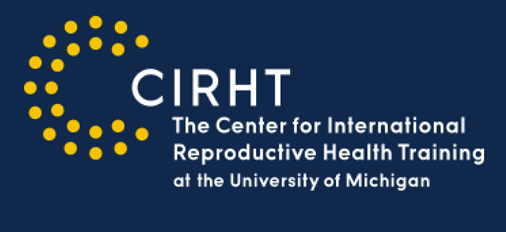Speaker
Description
The purpose of this study was to understand the tension between Sexuality Education (SE) policy actors and their expressed agenda of discourse in the case of Ethiopia and Uganda. The SE is a controversial subject and even more contentious when it involves adolescents. It is rather complex in the context where discussing sexuality issues are socio-culturally tabooed and considered adult subject, including Ethiopia and Uganda. Standing on the transformative/ critical philosophical paradigm, this study employed theoretically informed comparative case study. Document review, in-depth interviews, and Focus Group Discussions (FGDs) were conducted in both countries. The study participants were the SE students (boys and girls, age 12-14), SE teachers, school management, experts from Ministry of Education (MoE) and international and local NGOs. The data was analysed from the neo-institutional theoretical frameworks. The findings indicate that in both countries, Ethiopia and Uganda, there is no explicit SE policy in the education system, but it rather claimed to be integrated in multiple programs and subjects. Efforts to develop separate SE framework was challenged by various resistance groups. The discourse around SE, according to the study, revolves around the polarized debate on what, when and how to teach SE. The study shows that the groups who reportedly support SE policy are the multilateral organizations, international NGOs and local NGOs in both countries. Such global actors who defined SE as a human right, are claimed as the “world society perspective”. The resistance, on the other hand, comes from the MoE, the religious leaders, and community influencers including virtual influences reportedly aiming to protect national, religious, and cultural values against “Western infiltration”. For the global South, the study identified that meeting the “global standard” determines the national credibility, and financial opportunities provided from the global North, to coerce isomorphism. Moreover, the study found that the voices of students, teachers and local NGOs are less entertained in the policy discourse while they remain central actors the SE practices. The study suggests the need to bring the issues of students, especially girls, to center of the SE policy discourse in both contexts. Moreover, in both Ethiopia and Uganda where religious and community leaders appear powerful actors, capacitating and negotiating with them to be an ally is valuable.
Key Words: Sexuality Education, Policy discourse, Neo-institutional theory, world society, and policy actors


